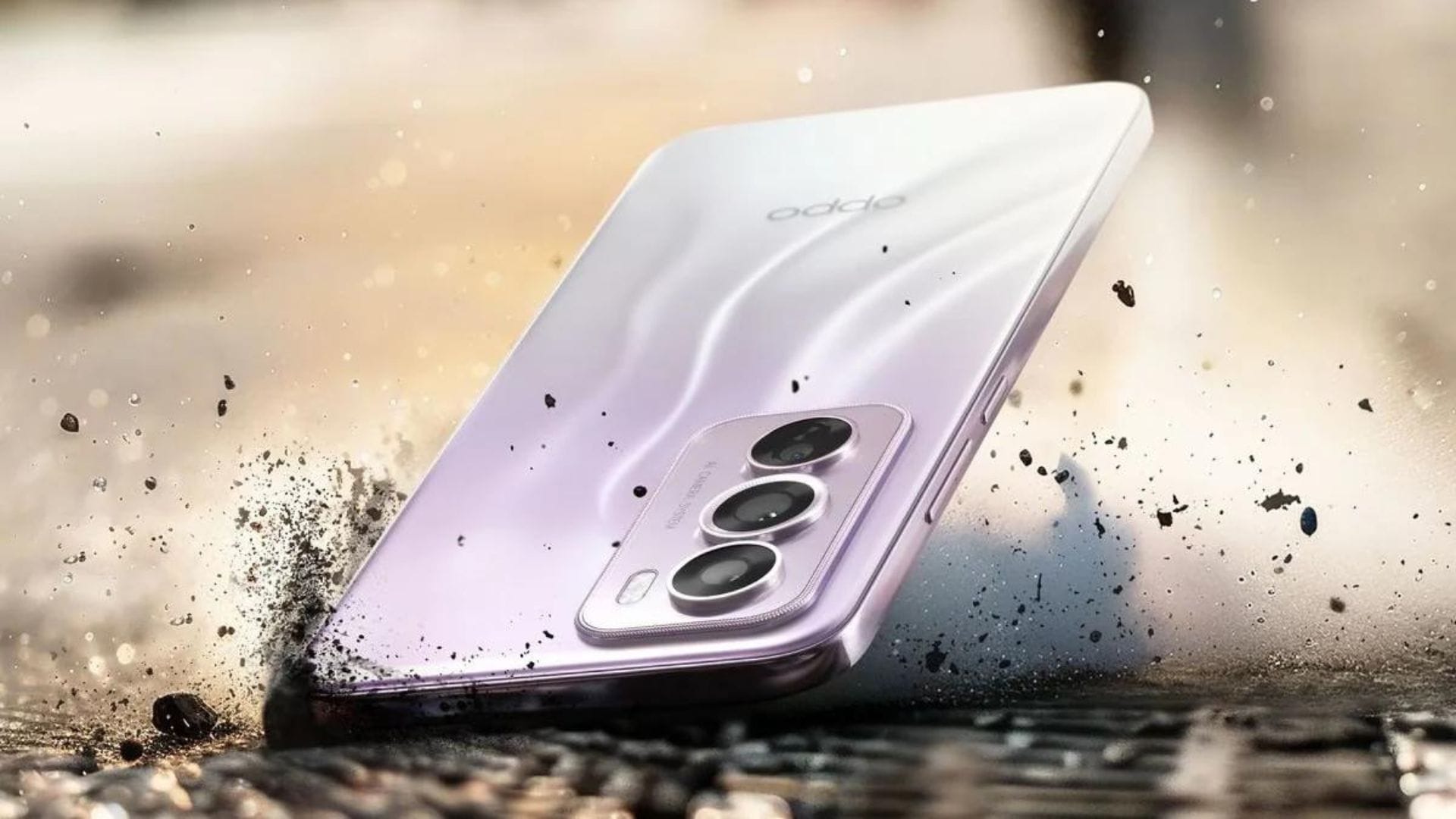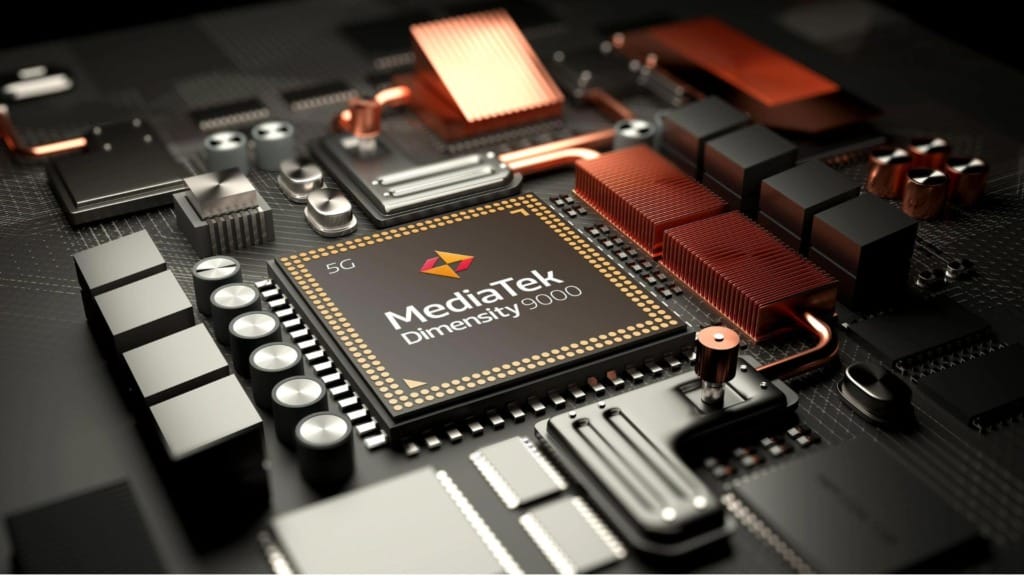Oppo unveils the Reno 12 and Reno 12 Pro with advanced AI features
Oppo unveils the Reno 12 and Reno 12 Pro with advanced AI features, enhancing photography and selfies with new tools and improved performance.

Oppo unveiled its new Reno12 and Reno12 Pro phones on June 18, 2024, introducing generative AI features to its latest flagship-lite devices for the European market. These enhancements build on the series’ reputation for exceptional photography and selfies.
Table Of Content
Oppo collaborates closely with Google, Microsoft, MediaTek, and Qualcomm to integrate relevant generative AI tools into its phones, which it refers to as “AI Phones.” The company’s dedicated AI research facility in Dongguan, China, is crucial in developing proprietary AI tools and features.
Oppo’s strategy involves offering generative AI across its entire phone lineup. Lower-priced Oppo handsets rely more on cloud AI processing, while flagship models utilise on-device AI processing. The Reno12 and Reno12 Pro benefit from this approach, featuring upgraded photobomb remover AI Eraser 2.0, AI Clear Face, which restores facial details in group photos, and AI Best Face, which corrects closed eyes in photos.
These features resemble Google’s Pixel Camera AI and Samsung’s Galaxy AI. However, aside from the Google Pixel 8a, the Reno12 and Reno12 Pro are the only non-flagship phones in Singapore equipped with these generative AI capabilities.
Other AI features include AI Recording Summary, which organises your voice notes, and AI Toolbox, a sidebar that suggests relevant AI tools based on the content displayed on the device.
Other features
The Reno12 series includes AI LinkBoost to enhance network stability. This feature uses nine antennas in a 360° layout to maintain network connectivity. It consists of a system-level AI model to assist with network switching, which is particularly useful when travelling at high speeds.
Both phones feature the ColorOS Trinity Engine, which optimises processing resources for fluid use and efficient power consumption. RAM-Vita, an updated RAM utilisation engine, keeps background apps running for up to 72 hours, while ROM-Vita reduces duplicate files and lightens infrequently used apps.
Reno12 and Reno12 Pro specifications
Both models are equipped with a Sony LYT-600 sensor for their 50MP primary camera, which features an f/1.8 aperture, AutoFocus, and OIS. This sensor is responsible for the 2x zoom in portrait mode, replicating professional bokeh effects. Additionally, both phones have an 8MP ultra-wide camera with an f/2.2 aperture.
The Reno12 differs from the Pro model with its 2 MP macro camera, while the Reno12 Pro boasts a 50 MP telephoto camera with an f/2.0 aperture and 2x optical zoom. Their front-facing cameras also differ: the Reno12 has a 23MP camera, while the Reno12 Pro features a 50MP camera.

Both phones sport a 6.7-inch AMOLED display with a resolution of 2,412 x 1,080 pixels, a 120Hz refresh rate, a typical brightness of 600 nits (peaking at 1,200 nits), HDR10+, and DCI-P3 support. The Reno12 is protected by Corning Gorilla Glass 7i, while the Reno12 Pro has Corning Gorilla Glass Victus 2.
Both phones are powered by the MediaTek Dimensity 7300-Energy chipset and feature LPDDR4X RAM and UFS 3.1 storage. They also have a 5,000mAh battery with 80W SuperVOOC fast charging, Wi-Fi 6 support, Bluetooth 5.4, and an IP65 water- and dust-resistant rating.
Launch and availability
The Oppo Reno12 and Reno12 Pro are first launching in Europe, priced at €499 for the Reno12 (12+256GB) and €599 for the Reno12 Pro (12+512GB). The Reno 12 Pro is expected to be available in Singapore soon. Stay tuned for local pricing, availability, and promotions.
















